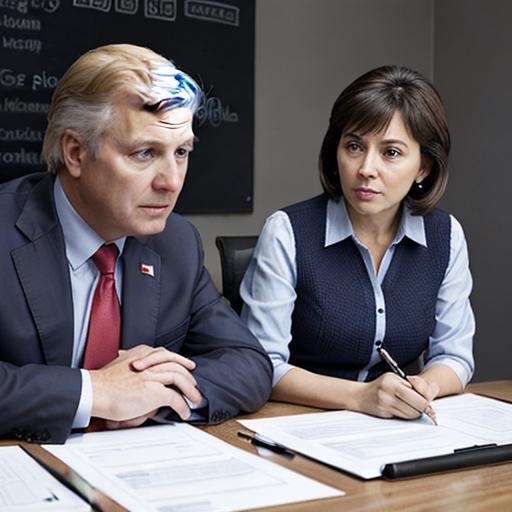Introduction:
In the intricate landscape of politics, where every move is scrutinized, and the stakes are high, political strategists emerge as the masterminds behind successful campaigns. These architects of electoral triumphs play a pivotal role in shaping the narrative, mobilizing voters, and ensuring that their candidate emerges victorious. In this blog post, we delve into the multifaceted role of political strategists and the impact they have on the outcome of elections.
- Strategic Vision:
At the heart of every successful political campaign lies a well-crafted strategy. Political strategists are responsible for developing a comprehensive and dynamic plan that aligns with the candidate’s vision and resonates with the electorate. This involves analyzing polling data, studying demographics, and identifying key issues that will engage and sway voters. - Message Crafting and Communication:
A compelling message is a cornerstone of any successful political campaign. Political strategists work closely with candidates to articulate a clear and resonant message that addresses the concerns of the electorate. They are adept at tailoring messages for different demographics and platforms, ensuring that the candidate’s communication strategy is effective and consistent. - Media Management:
In the age of 24/7 news cycles and social media dominance, how a candidate is portrayed in the media significantly impacts their public image. Political strategists are skilled in media management, guiding candidates on when and how to engage with the press. They also work to mitigate potential crises, control the narrative, and maximize positive coverage. - Targeted Campaigning:
Political strategists leverage data analytics to identify key battlegrounds and demographics crucial for victory. They develop targeted campaign strategies, allocating resources efficiently to maximize impact. Whether it’s door-to-door canvassing, television ads, or social media outreach, strategists ensure that the campaign reaches the right audience. - Coalition Building:
Forming alliances and building coalitions are essential components of a successful political campaign. Political strategists navigate the complex web of political relationships, seeking endorsements and support from influential figures and interest groups. A well-constructed coalition can broaden a candidate’s appeal and enhance their chances of success. - Adaptability and Crisis Management:
Politics is unpredictable, and unexpected challenges can arise at any moment. Political strategists must be agile and adept at crisis management. Whether it’s responding to a scandal, addressing a sudden shift in public opinion, or countering opponent attacks, strategists must navigate the stormy seas of politics with finesse. - Voter Mobilization:
Turning out the vote is a critical aspect of any campaign. Political strategists design and implement voter mobilization efforts, utilizing technology, community organizing, and grassroots initiatives. They aim to energize the base, persuade undecided voters, and ensure a strong voter turnout on election day.
Conclusion:
In the chess game of politics, political strategists are the grandmasters, orchestrating moves that can determine the fate of candidates and shape the course of nations. Their ability to craft a compelling narrative, navigate the complexities of modern media, and mobilize voters is indispensable. As we witness the ever-evolving landscape of politics, the role of political strategists remains not only crucial but increasingly influential in shaping the democratic process.

